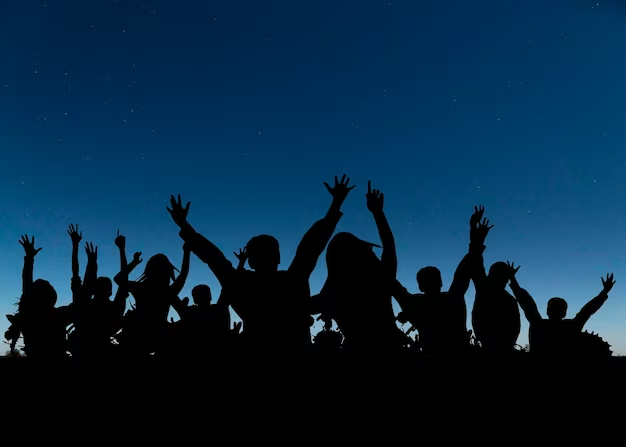I completely embarrassed myself in yoga today. I actually fell over and the sound of me hitting the floor in the quiet space of class turned everyone’s heads. But in just this humbling way, yoga is perfect for me. Letting go of my usual success oriented expectation is stretching my mind even more than the poses are stretching my body. Allowing myself to be so bad, and doing it anyway, is actually proving to be so good for me.
I’ve tried to do yoga before, but my inadequacy was such a barrier, I always quit. But this past year with some hip pain and some tight muscle issues, several people convinced me how beneficial it would be if I stayed with it. So this New Years, I vowed to give it a fair try (thanks, Rosa, for the new mat), knowing I would have to change my attitude . I had to focus more on the process of it rather than the outcome. I had to let go of my ego and, as Nike says, just do it. And what I’m finding is that it’s actually really enjoyable to not expect anything other than an authentic effort. In mindfulness, as taught in Zen meditation practice, this state of being is called the beginner mind, being able to be in the moment and enjoy an experience without expectation.
A beginner’s mind involves our curiosity and wonder. We see an experience with fresh eyes, without preconceived notions or predictions of how things should or will be. Without expectation we can’t be frustrated or disappointed in how it did not live up to what we thought “should” be. A beginner’s mind frees us up to let things unfold as they do.
And why is this good for me? For one thing it ‘s nice to let go of self judgment. I can try something and make a mistake, fall on my face, so to speak (and actually) without self criticism. I am finding that I take more risks and enjoy myself more if my inner critic is put to bed for a while. It also helps me be more patient with other people. It allows me to let go of my expectations of someone else and work to see them in a new light or to be more open to their point of view or good intentions. I also find adopting a beginner’s mind helps me to be less anxious about facing challenges. Instead of worrying about what will happen, or projecting difficulty or failure, I can stay open to taking a first step and engaging in the task as something to learn from rather than something to get wrong. In general, a beginner’s mindset allows me to let go of my strong need for control and to view challenge as a process to engage in rather than a reflection of something being wrong.
As you can imagine, while this sounds so pleasant, it isn’t easy. It takes effort to evoke a beginners mindset. Some tips from the Masters include first becoming aware of your expectations and pre-conceived ideas. Then, allowing yourself to let them go, or at least put them aside. Engage your curiosity and try to approach the activity with how a child would approach it. Notice any “shoulds” that come up or feelings of shame. Letting go of ego is a big challenge, but also a big relief. Use your senses to help avoid your thoughts. How does your experience feel in your body? What colors emerge or sensations do you notice around you? Engage as if you’re doing something for the very first time and awaken to each step of the process, even when doing something familiar.
It’s advised to build this ability by starting with simple things. Eat your breakfast with a beginner’s mind, noticing every sensation of your utensils, food textures, colors, and tastes. Or take out the garbage with a beginner’s mind, noticing the smell and the weight of the bag and your steps to the trash bin in the backyard. By letting go of our “automatic pilot” mode or our “evaluation of success” mode, we can be present and bring to life whatever experience we are doing in a transformative way.
While there are plenty of times I need to be the expert and perform with a wise and intentional outcome in mind, it’s good to balance with some way or outlet in which to be a beginner in spirit. I find that while I’m still not very good at yoga, I’m still going because it makes me feel good. I would be robbed of this if I let my performance dictate my participation. And thank goodness, the teacher doesn’t either. No one has ever kicked me out of class or refused my entry, although they have checked in a few times to make sure I didn’t hurt myself!





